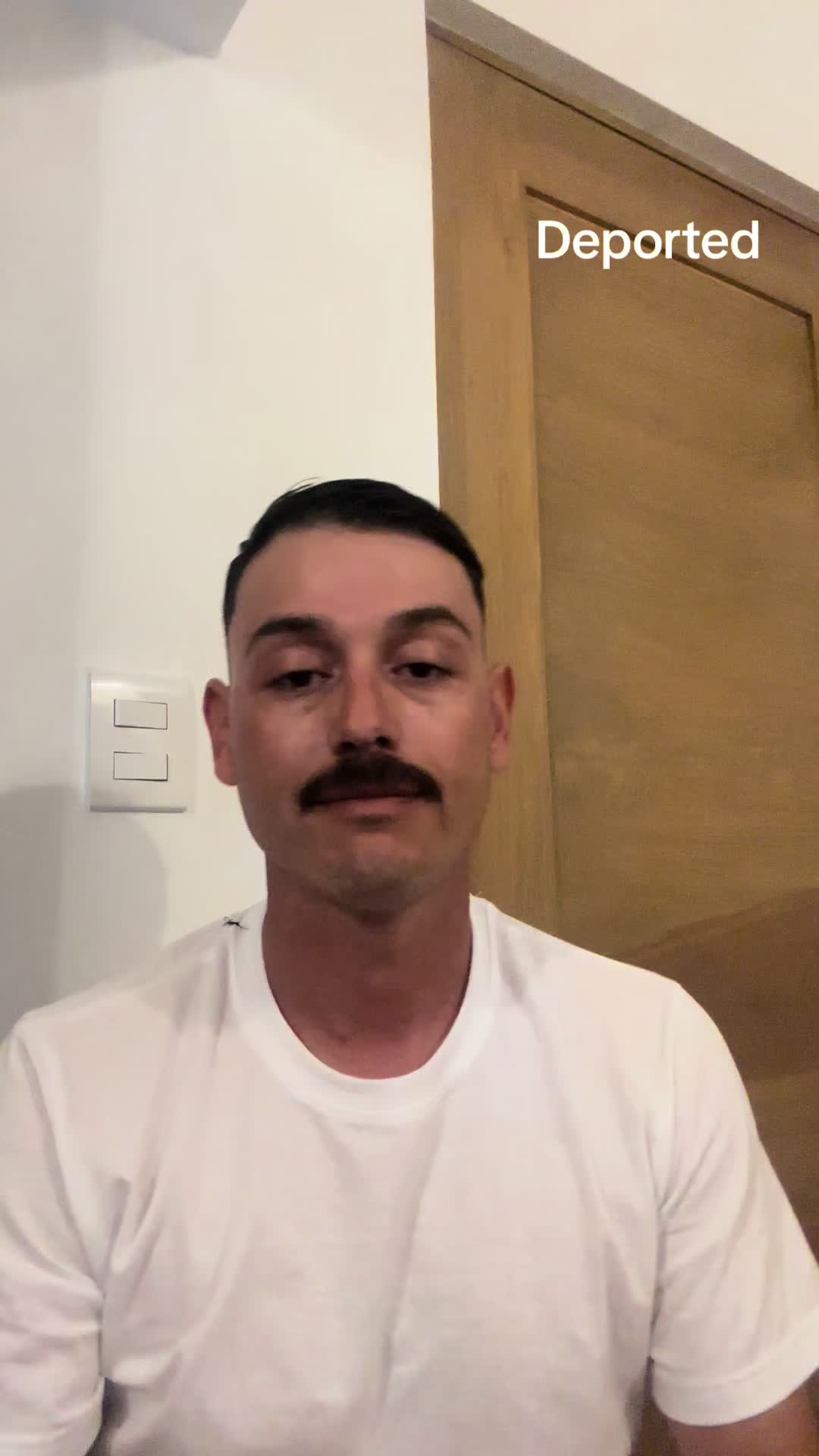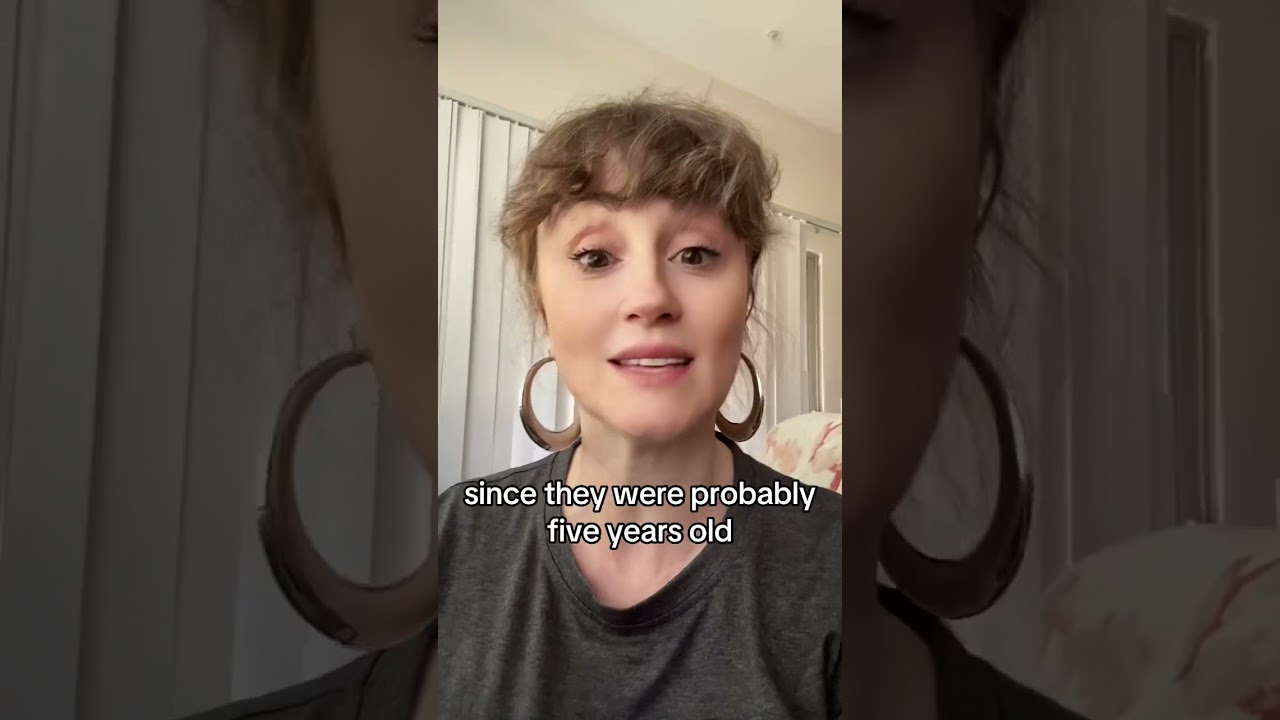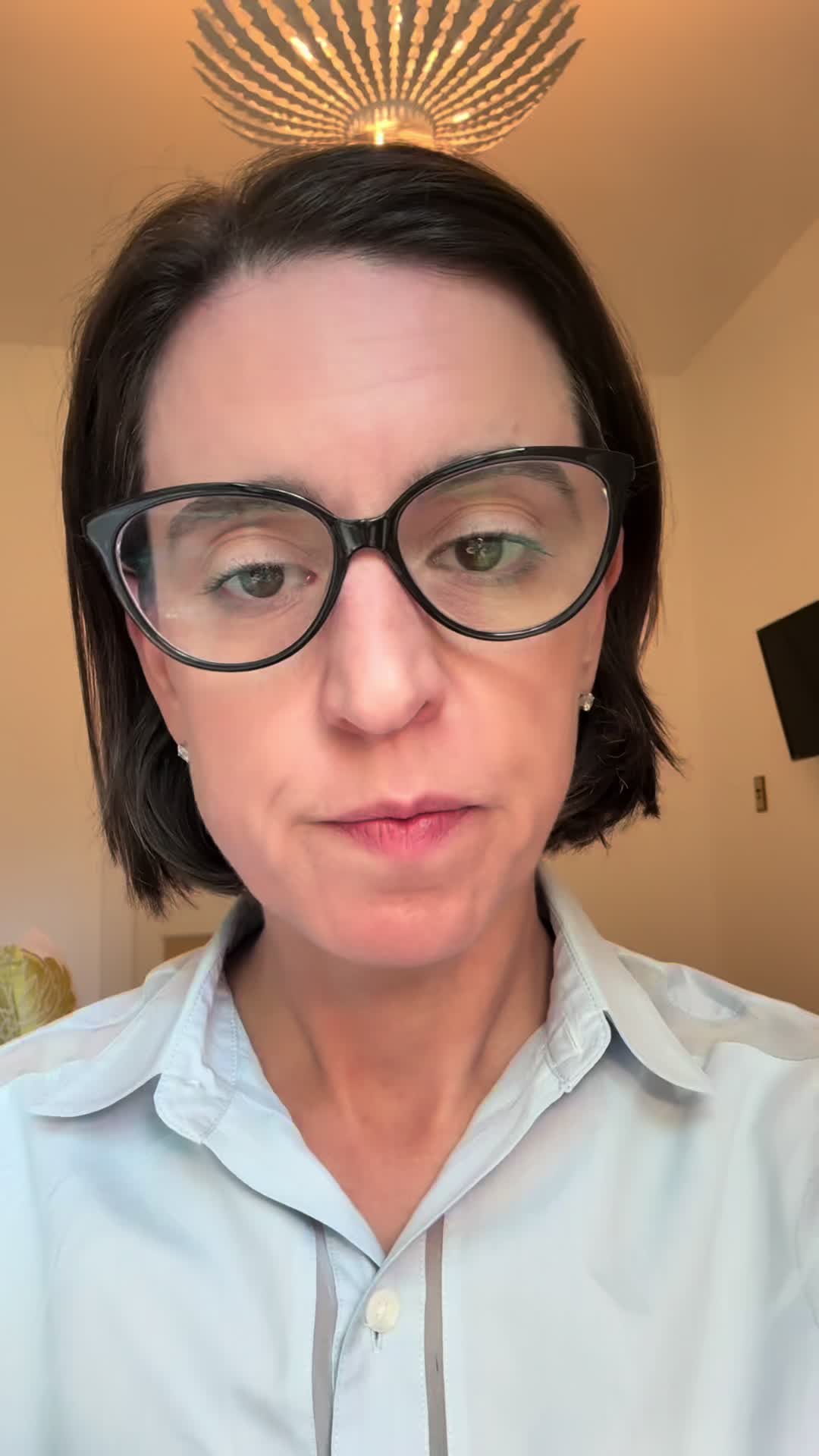Yeah, I agree with those examples. It’s reasonable to criticize the status quo, and point out ways it limits your available options. If the only jobs you can get are all unpleasant in various ways, do you have a choice to work a pleasant job? I guess not.
My problem with the socialist construction I alluded to above, e.g. “If I choose not to work for pay then I will starve, therefore work for pay is not a choice, therefore work for pay is slavery” is mainly that it attributes starving as a consequence of not working for pay, whereas I think starving is arguably a consequence of not working, period. Living takes effort, acquiring food/shelter/etc. all take effort. Whether the effort is working for pay or being a hunter gatherer or whatever else, it will still take effort.
I think that means all choices have some of these constraints. We don’t live in a paradise of plenty where we can have anything we want at any time. All choices are necessarily constrained by a particular context. And in a sense, no matter how horrible our context, we might still have some agency to make choices within a very limited set of unpleasant options.
So why do I think some of these situations are problematic and not fair choices, and others are okay? I think most people (including me) decide this intuitively most of the time. Choosing between working for a variety of suboptimal jobs seems like it might suck but I would say it is still a voluntary choice. Choosing which gun someone is going to shoot you with seems like an unreasonable situation and not a true voluntary choice.
Once again, it feels easy to identify if the examples are extreme. But where do I actually draw the line? I don’t know.
One guess:
When our options are constrained by something impersonal like biology/geography (e.g. “find some way to feed yourself, or starve”), those choices seem voluntary to me. When our choices are constrained by other people, the line starts to blur.
My guess is that how blurry depends on how notably bad the actions of the other people are. “Shitty work opportunities” are a constraint caused by people, but they are often caused by a huge amount of different people doing a variety of stuff that seems OK to them but sums up to a crummy situation across a big chunk of society.
Whereas something like prison slavery seems like a shitty situation caused by a more limited, specific subset of human action. It’s not the sum of thousands of employers all being a bit shitty, a bit petty, and a bit mean. It is a specific institution that imposes very strict, harsh control over people. So it is a lot easier to look at it and say “those people don’t have a real voluntary choice, because they’re in prison.”
Is this a sensible way to draw lines between types of choices?


